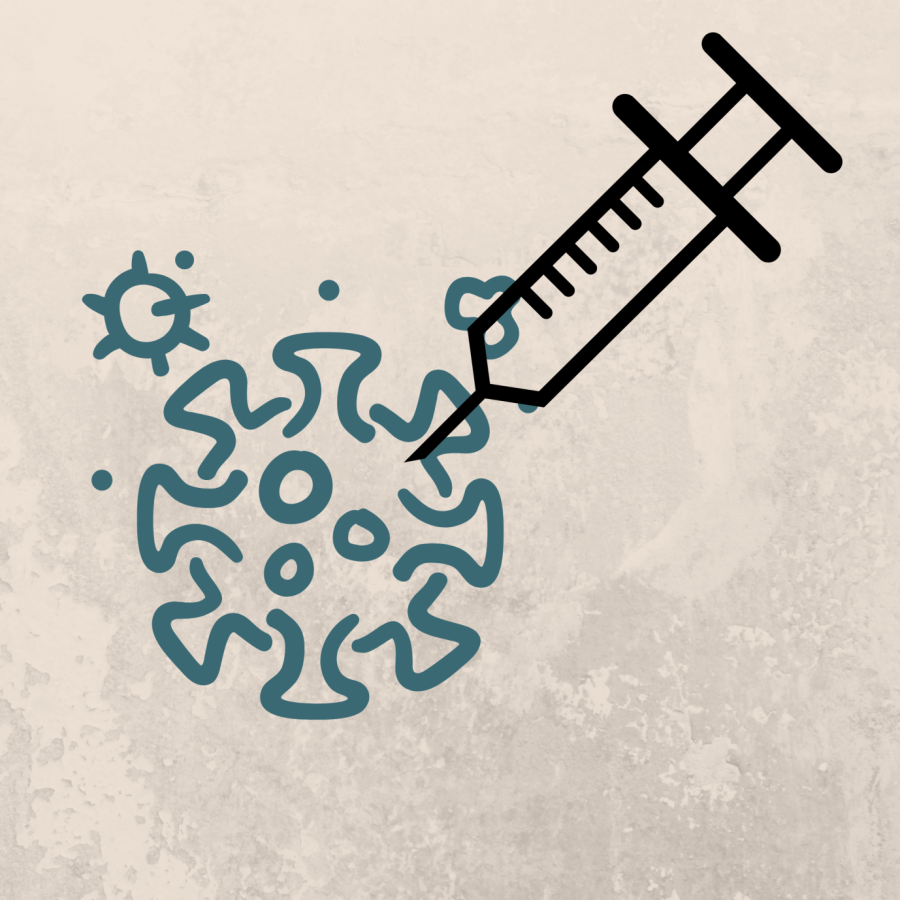COVID-19 has imposed several challenges and disrupted society from the beginning. However, other serious diseases and illnesses still plague many people living in the United States that there is no vaccine for.
In the 80s, there was a large HIV/AIDS epidemic within the United States. Very little was known about the disease at the time, creating many stigmas and false information surrounding it. The United States government did very little to help stop the spread or research the ongoing epidemic.
While there have been many advancements in medicine, and some treatments have been created, 40 years later there is still no vaccine available for HIV or a cure for AIDS. However, this is likely to change soon.
The mRNA technology used to create the COVID-19 vaccine is the first of its kind and opens the door for other vaccines to follow. This technology has been researched for the past 25 years, and COVID-19 was its first successful vaccination.
The success of this vaccine has motivated more scientists and researchers to look into how this technology could be the key to solving many more diseases plaguing the United States.
The COVID-19 vaccine attaches itself to the spikey coronavirus protein and kills them; the HIV vaccine would work in an incredibly similar way, doing the same to HIV particles.
Senior Sarah Babka describes the importance of this new mechanism for the future of vaccinations. “It provides another mechanism that could be potentially more effective than previous vaccines,” she stated. “This takes advantage of your body’s natural processes rather than injecting a dead form of the virus which could prove to be the way of the future.”
As the COVID-19 vaccine is now being distributed, and herd immunity is in sight, researchers have shifted their focus to diseases they think will be the biggest problems in the future: HIV/AIDS, gonorrhea and even cancer.
The fact that the COVID-19 vaccine has sparked other vaccinations to be created with the same technology improves the credibility of the COVID-19 vaccine itself. Babka believes that people should pay attention to how the scientists are treating this discovery.
“[The mRNA vaccines] help the credibility of the COVID-19 vaccine because it reinforces the confidence of the scientists in the efficacy of the vaccine,” Babka explained. “Because the COVID vaccines have shown such promising results, scientists are eager to develop new vaccines using the same mechanism.”
Vaccinations are a preventative measure to avoid illnesses which are commonly believed to be better than treatments or cures that would be used to treat the same illnesses. Senior Lily Barrett believes it is important people have faith in the scientists. “Trusting that scientists know best is important for all Americans,” she said. “This new technology is amazing and we should all celebrate it by doing our part in getting the vaccine.”
This new technology is widely viewed as an amazing feat for the scientific community and those who have spent their career researching it. In the future, Americans might see vaccines for diseases and illnesses that have been affecting citizens for a very long time.










Reese Lienemann • Apr 30, 2021 at 9:26 am
You never miss Lauren. Great article very informative!
Macey McKinnon • Apr 29, 2021 at 10:20 am
I always find myself wanting to know updates with the Corona Virus and the vaccine and am never disappointed with what I find on the shield. Great article and thank you for the update!